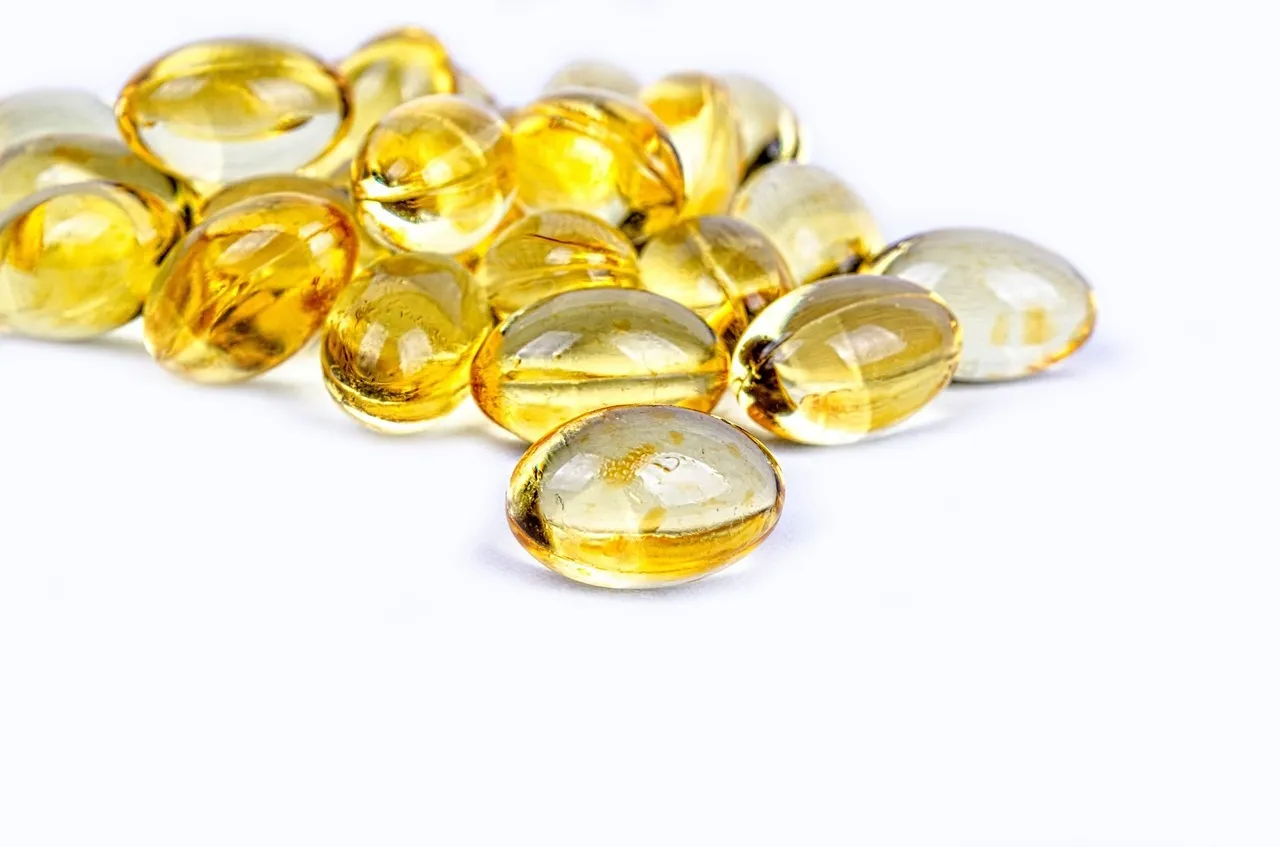Omega-3 oil is a type of polyunsaturated fatty acid that is essential for human health. It is found in certain types of fish, as well as in vegan sources such as flaxseed, chia seeds, and algae. Omega-3 oil is made up of two main components, namely DHA (docosahexaenoic acid) and EPA (eicosapentaenoic acid), both of which offer a range of health benefits. In this article, we will explore the benefits of Omega-3, as well as the differences between DHA and EPA and the sources of Omega-3 for vegans and non-vegans.
The Benefits of Omega-3 Oil
Omega-3 oil is known for its anti-inflammatory properties, which can help reduce the risk of chronic diseases such as heart disease, cancer, and arthritis. It can also help improve brain function and cognitive performance, as well as reduce symptoms of depression and anxiety. In addition, Omega-3 is important for maintaining healthy skin and hair, and it can even help reduce the risk of age-related macular degeneration, a common cause of blindness.
DHA and EPA: What’s the Difference?
DHA and EPA are the two main components of Omega-3 oil, and they offer different health benefits. DHA is important for brain function and development, as well as for maintaining healthy vision. It is also important for the development of the nervous system in infants and children. EPA, on the other hand, is important for reducing inflammation in the body, which can help reduce the risk of chronic diseases such as heart disease and cancer. It is also important for improving mood and reducing symptoms of depression and anxiety.
Sources of Omega-3 Oil for Vegans and Non-Vegans
Omega-3 oil is found in both vegan and animal-derived sources. For non-vegans, the best sources of Omega-3 are fatty fish such as salmon, tuna, and mackerel. These types of fish are rich in both DHA and EPA. Other animal-derived sources of Omega-3 include fish oil supplements and krill oil.
For vegans, the best sources of Omega-3 oil are flaxseed, chia seeds, and algae. Flaxseed and chia seeds are rich in alpha-linolenic acid (ALA), which the body can convert into DHA and EPA. However, the conversion rate is relatively low, so it may be necessary to supplement with a vegan Omega-3 oil supplement that contains DHA and EPA from algae.

Freshfield Vegan Omega 3 DHA Supplement: Premium Algae Oil, 2 Month Supply, Plant Based, Sustainable, Premium and Mercury Free. Better Than Fish Oil! Supports Heart, Brain, Joint Health – w/DPA
$24.99 ($0.42 / Count)
VEGAN OMEGA-3 DHA PURE & CERTIFIED: Plant-based and mercury free! Our marine algal omega 3 supplement is everything you need to support your body’s daily DHA needs and is carefully crafted in North America in certified GMP facilities in accordance with the highest FDA (US) and Health Canada standards.
DPA (Docosapentaenoic acid) optimizes and intensifies the overall effects of omega-3. The body can store twice the amount of DPA in blood as EPA and is up to 10x more efficient at boosting heart/joint/cognitive health!
FISH FREE! BETTER FOR YOU & BETTER FOR THE ENVIRONMENT: Goodbye nasty fish burps, hello happy planet! Non-fish microalgae omega-3 oil is MERCURY-FREE, sustainable and reduces the immense strain put on our fisheries.

Arazo Nutrition Omega 3 Fish Oil 4,080mg – High EPA 1200mg + DHA 900mg Triple Strength Burpless Softgels (120 Soft Gels)
$26.95 ($0.22 / Count)
High dose of 4,080mg Omega 3 fish oil; higher EPA and DHA levels than other brands with a total of 2,250mg Omega 3 fatty acid content per serving
Ultra pure and refined; purified with molecular distillation at minimal temperatures to remove all heavy metals, mercury and PCB’s. 100% wild ocean catch; from fresh, deep sea sourced, omega-rich fish; special extraction method for the highest volume of EPA and DHA; sustainable and traceable; triple certified by Marin Trust, Friend of the Seas and Dolphin Safe
Conclusion
Omega-3 oil is an essential nutrient that offers a range of health benefits, including reducing the risk of chronic diseases such as heart disease, cancer, and arthritis, improving brain function and cognitive performance, reducing symptoms of depression and anxiety, and maintaining healthy skin and hair. DHA and EPA are the two main components of Omega-3 oil, and they offer different health benefits. For non-vegans, the best sources of Omega-3 are fatty fish such as salmon, tuna, and mackerel, while vegans can obtain Omega-3 from flaxseed, chia seeds, and algae. Whether you are a vegan or a non-vegan, it is important to ensure that you are getting enough Omega-3 in your diet to maintain optimal health.

